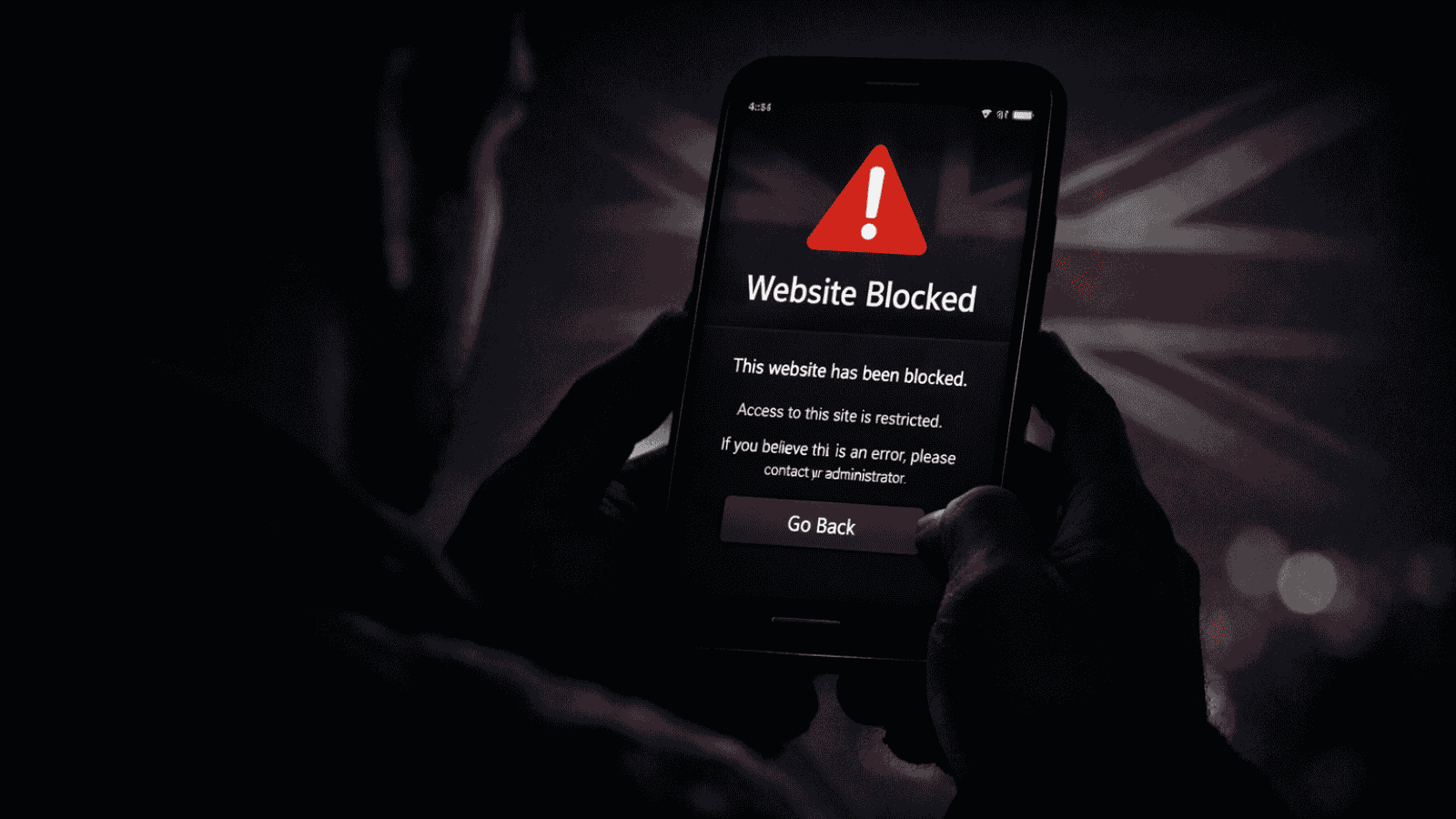
Michigan Bill Proposes Ban on Adult Content and VPNs
- Scope of Bill: Bans AI adult content, adult manga, ASMR, and depictions of transgender people statewide.
- VPN Restrictions: Prohibits VPN use, requires ISPs to block services, and fines violations up to $500,000.
- Implications for Users: Could limit privacy, online security, and access to legal content for Michigan residents.
A new bill introduced in Michigan could make it illegal not only to access adult content online but also to use VPNs. The proposal, called the Anticorruption of Public Morals Act, was put forward on September 11, 2025 by six Republican representatives.
If passed, the law would significantly expand restrictions on internet use for Michigan residents, raising concerns for privacy and online freedom.
What the Proposed Bill Covers
The bill seeks to block a wide range of online adult content. This includes:
- AI-generated adult material
- Adult-themed manga and ASMR content
- Depictions of transgender people
Unlike some existing state laws that focus primarily on pornography, this legislation is much broader in scope.
The prohibition of virtual private networks, or VPNs, is one of its most contentious policies. People frequently utilise these techniques to protect their online privacy, protect their data when using public Wi-Fi, and get around geographical constraints. Internet service providers would have to identify and stop VPN traffic under the measure. It would also be illegal to sell VPN services in Michigan. Penalties for infractions might reach $500,000.
Why VPNs Are Targeted
VPNs are often used as workarounds when governments or regulators block certain types of content. Michigan lawmakers appear to be taking aim at VPNs to prevent users from bypassing filters that the law would impose.
This move could impact not only people attempting to access adult content but also regular internet users who rely on VPNs for:
- Protecting personal data from ISPs
- Safeguarding identities online
- Enhancing security on public networks
If the law passes, Michigan would become one of the strictest U.S. states in terms of internet restrictions, going further than Texas, Louisiana, or Mississippi, which have already passed adult content restrictions.
What Happens Next
The Anticorruption of Public Morals Act is still in the early stages. It has not yet passed the Michigan House committee or been voted on by the state Senate. At the moment, it is unclear how much support it has outside of the six representatives who introduced it.
Civil rights groups, such as the Michigan ACLU, have not yet issued an official response. However, privacy advocates are likely to raise concerns about the bill’s scope and its potential impact on internet freedoms.
Similar state-level bills have sometimes influenced lawmakers elsewhere, meaning Michigan’s proposal could become a template for other states considering tighter internet restrictions.
The Bottom Line
The Michigan proposal stands out because of its broad coverage and inclusion of a VPN ban, something rarely seen in U.S. legislation. While it is not law yet, the bill could affect both how Michigan residents access online content and how they protect their digital privacy.
Until the measure progresses further in the legislature, residents and VPN providers alike will be watching closely to see whether this bill gains momentum.














